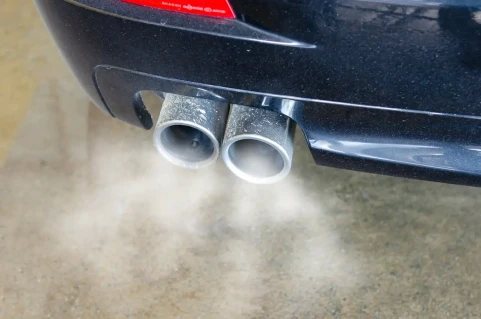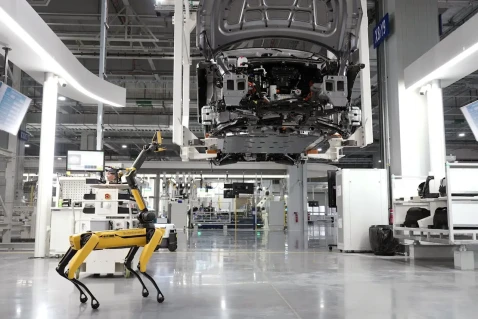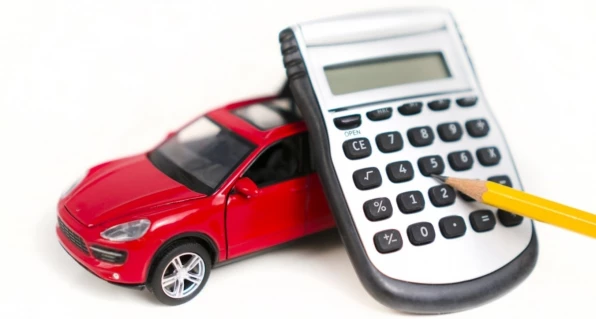Car buying processes can be daunting, expensive, and puzzling but they might be less so if you do your homework beforehand. After all, timing your automobile purchase correctly can save you thousands of dollars. Plus time is crucial when it comes to buying an automobile. Tips on timing range from specific holidays to times of the month to specific days of the week. Data indicates that particular periods are advantageous to the customer. In this article, we'll discuss the best times for purchasing a car and why.
When Is the Best Time to Buy?
When is the best time to purchase a car? The answer might vary widely. Regardless of current market conditions, now is the best time to purchase a vehicle for any pressing needs. But if you're patient, you might choose to hold out until a certain month, or even a certain day of the month.
You'll be prepared to make the most of any discounts or other opportunities that come up when shopping for a car. It's also important to think about the kind of car you desire. This will allow you to check that the model is available when you purchase and allow you to wait for it to restock.
The Best Month to Buy a Car
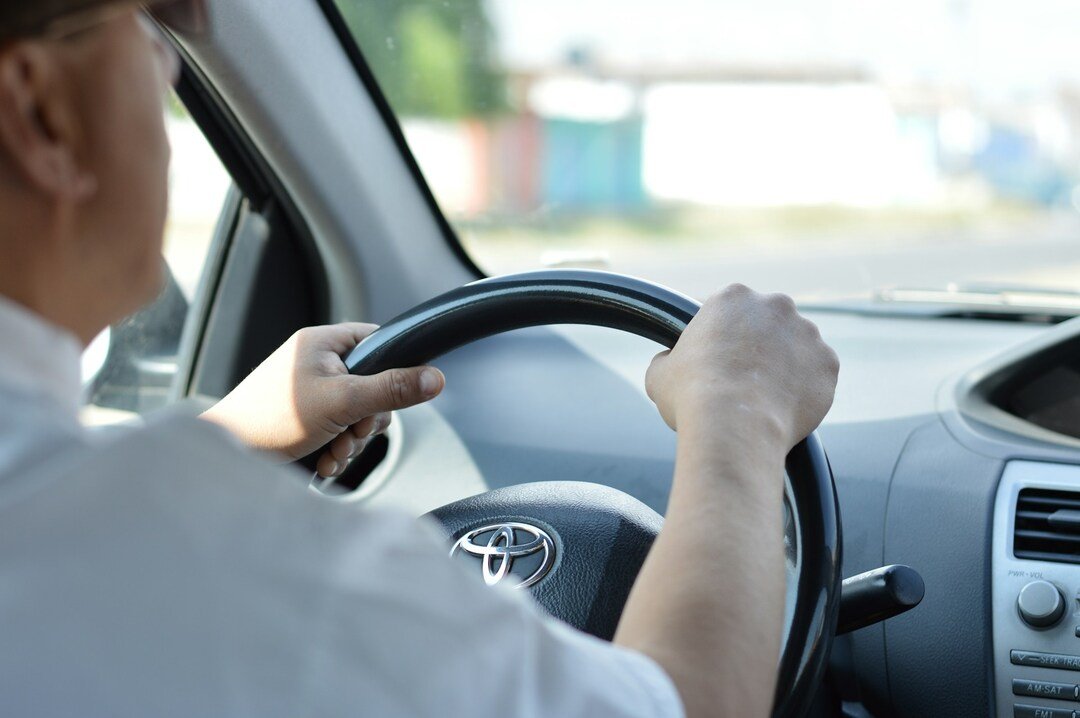
There are times of the week and holidays, as well as ideal months, to acquire a new automobile, rent a new car, or buy a used car. The best times of year to visit a vehicle dealership are typically May, October, November, and December. Here's why.
May
After a slow start in the winter and the onset of spring, May ushers in the busiest shopping month of the summer. In the auto industry, Memorial Day sales begin weeks before the actual holiday. This also implies that the best cash-back, finance, and lease offers of the year will be accessible within this time frame.
The main car show season has historically run from late fall to early spring, although this timing is beginning to shift. Late spring is when many dealerships begin receiving the automobiles that were unveiled at auto shows the previous fall. There is a good chance that you may get a good bargain on last year's models if they are still on the lot. Ensure that you check the VIN number of the car before buying.
October
The typical new year spans from January to December for the majority of the population. In October, several brand-new and updated models arrive in dealer showrooms, marking the true beginning of the new year for the car industry. That means they have to clear out lots of the older models.
As a result of the transitions, retailers offer more sales and promotions than during other times of the year. Of course, the discounted models will be the ones that are being phased out, rather than the newly modified or released ones. However, if the functionality of the older model is important to you and the features of the new model are not, then you should consider changing it.
November
November not only brings Black Friday but also the ongoing model-year sales that occur throughout the season. Consumers who opt out of the hustle and bustle of the local malls and large box stores in favor of vehicle dealerships can save a significant amount of money. As the month progresses, you may expect increasingly better financing deals and more discounts on cars from manufacturers.
December
In the final month of the year, dealers and their sales teams race to meet their monthly, quarterly, and annual quotas. The best times of the year to buy a car are towards the end of the month. Automakers generally aid dealerships by providing financing and cash-back incentives. They may also be trying to get rid of any automobiles from the prior model year that are still sitting on the lot.
In addition, December is the month when many businesses search for tax deductions to use before the end of the year. To entice these customers, numerous automakers provide desirable leasing options. In most cases, private buyers can take advantage of the same discounts offered to dealers.
Holidays and Events
Discounts are often available on both used and new cars for sale during holiday sales and events. Some notable holidays to consider while shopping for a car are as follows:
Presidents Day
Consumer spending, particularly vehicle sales, is often slow in the first few months of the year, but some companies make an effort to boost spending around Presidents Day weekend.
Memorial Day
Buying a car in the summer is usually pricey, but after Memorial Day, many dealerships begin offering significant discounts. Midway through the year is often when next year's models begin to trickle out, causing dealers to lower prices on the latest models. But be cautious of large crowds. Other shoppers may compete with you for the beginning-of-summer discounts as the temperature becomes warmer.
July Fourth
Many vehicle lots will run specials in honor of Independence Day to persuade customers to make purchases. If you're not in a rush to buy a car, though, you might want to wait until December or January to see if there are any better deals to be had.
Labor Day
The Labor Day weekend aligns with the start of the autumn selling season, making it an excellent time to get a good deal. Manufacturers start releasing next year's models, while car lots would be clearing out their inventory of previous year's models.
Black Friday
As with other stores, car lots participate in the Black Friday sales frenzy. You might be able to bargain for lower prices with your salesperson along with manufacturer-provided discounts. Black Friday is a popular shopping day, and automobile dealerships are no exception.
Black Friday marks the conclusion of the autumn sale period and is also a major element of the Thanksgiving weekend and the beginning of the holiday shopping season. It's getting sufficiently close to the conclusion of the year for dealers and salespeople to be thinking about reaching that all-important year-end quota. If you’re lucky, you might buy one of the cheapest new cars.
New Year's Eve and Year-End Sales Events
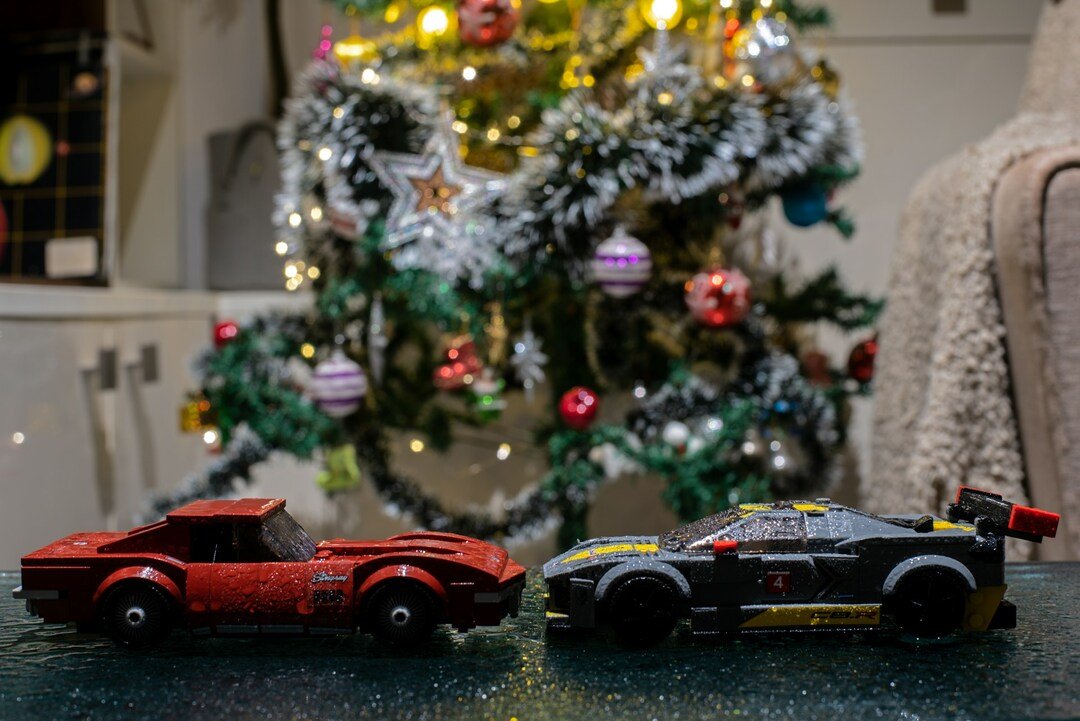
Buying a new or used automobile on New Year's Eve or New Year's Day might be a great way to ring in the new year. The days are often jam-packed with special end-of-year sales events, with significant backing from manufacturers' attractive finance and lease options.
It's the last day of the month, the last week of the quarter, and the last day of the year, so salesmen, dealers, and manufacturers all have a lot of quotas to meet. There will be a lot of people shopping for cars around the holidays, so it's best to prepare ahead of time.
Salespeople won't be able to spend as much time as you'd want with you or help you find the perfect vehicle. To do so, you need to be well-versed in the make and model you're interested in purchasing, have a car loan pre-approval in hand, and know how much your current vehicle is worth.
New Models Releases
After a model year, dealers are eager to clear out their stock for the next year, so prices drop dramatically. Typically, the conclusion of the model year occurs around Labor Day for domestic manufacturers and sometimes a month or two later for foreign ones. Vehicles that are selling slowly or are scheduled for a major redesign or discontinuation will often have steeper discounts.
You may need to be adaptable to discover a pre-owned automobile in the color and with the package of your choice on the lot. Keep in mind that once the model year has passed, your brand-new car will basically be a year old. That implies you'll almost instantly lose a full year's worth of depreciation.
The Best Days to Buy a Car
Mondays and Tuesdays
Typically, the greatest days of the week to purchase a vehicle are Mondays and Tuesdays. Weekends see the most activity at car dealerships, while weekdays see significantly less. More time means more opportunities to ask questions, take test drives, and even bargain pricing. A shorter line at the dealership's finance office means you may be on your way out of the dealership even sooner.
Having a less hectic shopping experience at the dealership might also help you keep to your research and budget. Moreover, many lenders are not available on weekends, so buying on a Monday is a good idea. If you want to secure the best financing possible, it's in your best interest to go to local lenders like credit unions and community banks.
Avoid going shopping on Mondays just after major sales events or in places where Sunday sales are illegal. On Mondays, the dealership personnel may be swamped with documentation from the weekend and unable to devote as much time as usual to answering your inquiries.
When Is the Best Time to Purchase a Used Vehicle?
When buying a used automobile, most of the same guidelines that apply when buying a new one do as well. The only time this is not the case is during holiday weekends and other major sales events. There are a handful of reasons why you shouldn't buy right away in those periods. Many of the salespeople will be swamped with people looking to buy brand-new automobiles during the sale itself.
They might be too busy to work with customers interested in used cars. Consumers typically part ways with their pre-owned vehicles in favor of brand-new models. The process of cleaning, inspecting, and transferring these automobiles to dealers' used car lots usually takes several days. Customers who are selling their old vehicles privately may wait to do so until they have taken possession of their new purchase.
The Best Time of Day to Buy a Car
After deciding on the best day, you will want to think about what time of day to go automobile shopping. Car salespeople are less likely to be drowsy in the morning, making that time of day ideal for making a purchase. They have only recently arrived at work so you will avoid the afternoon crush. Going first thing in the morning also reduces the likelihood that you'll have to wait around for assistance.
There will be fewer people waiting, allowing you to potentially fill out forms without delay. You won't have to wait around as long for the loan office to come to you. If you want to save time, it's best to arrive early. If you are unable to visit the dealership first thing in the morning, consider going in the early afternoon, when congestion may be lighter.
Other Vital Considerations Before Buying a Car
Other factors should also be considered when determining the best period for buying a vehicle. Some of these factors may influence your decision on the time to purchase a car.
New or Used
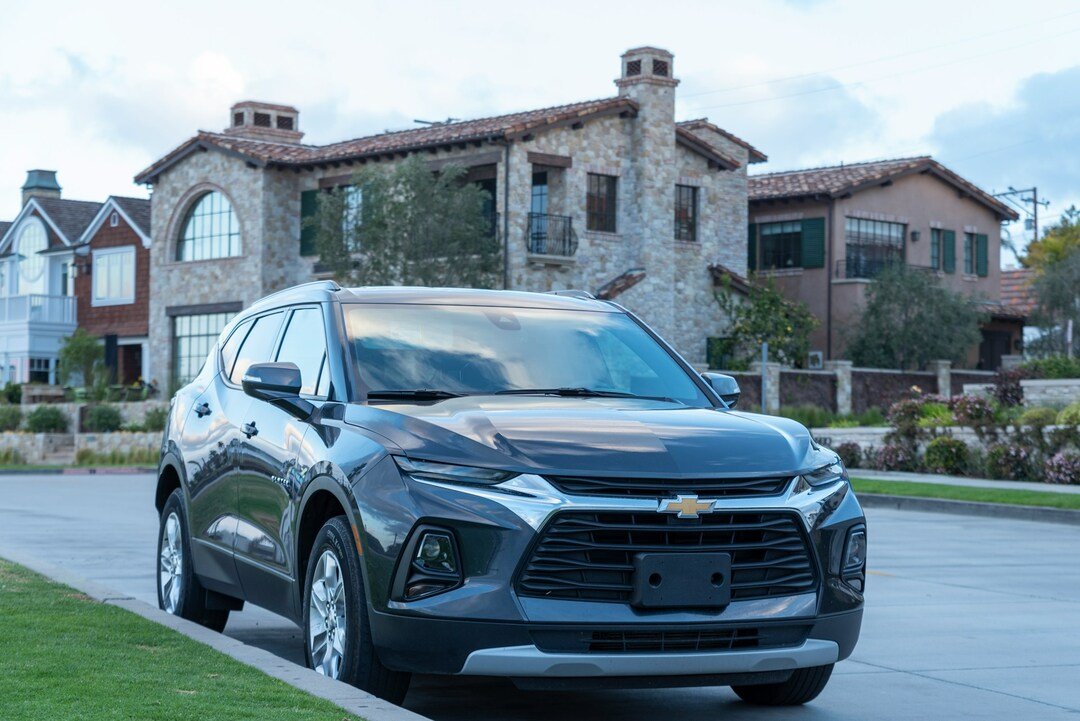
When you desire to go shopping may be affected by whether you buy a new or used automobile. A new vehicle may be more affordable later in the model year, around late summer. The seller wants to sell them off, so you can acquire the newest model at a discount. You may have additional options if you decide to purchase a pre-owned automobile.
However, you should/ still think about whether or not the automobile you desire is in stock, what mileage it has, and how much it will cost in total. When searching for the right new or used cars, you might have to wait a while or visit many car lots.
Bargaining Options
Many customers will rush to the automobile lot at once if they are informed about the best time to make the purchase. That can make it more difficult to have a comprehensive discussion with a salesperson. You might not have as much room for inquiry or bargaining. Buying a car early on a weekday is ideal if you plan on haggling over the price. You may avoid the hassle of waiting in line and spending your entire day at the car shop.
Down Payment Options
Think about how much of a down payment you can make before shopping for a car. During promotions or at the end of the year, several car lots may provide more favorable financing options. Think about whether you can afford the full price upfront or if you'll need to finance most of it. You might wish to hold off on financing until there's a better rate on the market. Consequently, even if it is the best time of the month, it might not be the ideal moment for you to buy a car.
What Are the Worst Times to Buy a Car?
There are good times to purchase or lease a vehicle, but there are other periods when it would be unwise to do so. It's better to hold off on purchasing while the price of a brand-new automobile or the best-selling model in its class is still rising. When there are interruptions in supplies or a lack of available vehicles, it's also not a good time.
There are always people prepared to pay more than the asking price for anything brand new product, but it's usually better to wait. It's been said that if you wait until the last minute or Christmas Eve, you may get a better price at a dealership. They'll give you a terrific bargain since they want to go home for the day. This isn't entirely true though.
A dealer who is serious about making a transaction will either ask you to return during normal working hours or devote extra effort to do so. Keep in mind that most people only visit a vehicle dealership once every few years to make a purchase. Car salesmen are regulars, therefore they have a deeper understanding of the industry than you do.
Additionally, It's not a good idea to buy a secondhand automobile soon after a natural disaster has hit the region. Sellers who are looking to make a quick buck could be trying to unload wrecked automobiles before buyers can check their histories. You should have a third-party mechanic look it over before you buy it to rule out any hidden problems.
The Bottom Line
A good time to buy an automobile is when sellers are trying to meet aggressive quotas. That's why it's best to do your shopping towards the end of the month, the conclusion of the sales season, the end of the year, and on special shopping holidays and events like Black Friday. Even on weekdays, when stores typically see fewer consumers, it's an excellent time to make a purchase. The end of a car's model year is also a great time to shop since that's when salespeople are trying to make room for the next year's models.
Frequently Asked Questions
The light vehicle market in the United States is forecast to grow by up to 12% in 2023, with total sales approaching 15 million cars. From their current 7% market share in 2022, EVs might gain as much as 60% and reach over 1.5 million units sold.
Vehicle prices have skyrocketed recently because of material, labor, and product shortages. There have been millions fewer cars manufactured by the world's automakers than there would have been otherwise. New car availability is on the rise, but the millions of "missing" automobiles have yet to be located. When supplies are limited, prices tend to rise. Prices are also being affected by the increase in inflation.
Cashier's checks are preferred since they are more reliable than personal checks and can be verified that the funds are available to cover the cost of the automobile.
The rate of a car's depreciation is not fixed. The value of most automobiles drops by up to 20% in the first year. Then, they may continue to decline by another 15 percent annually until year four or five.





